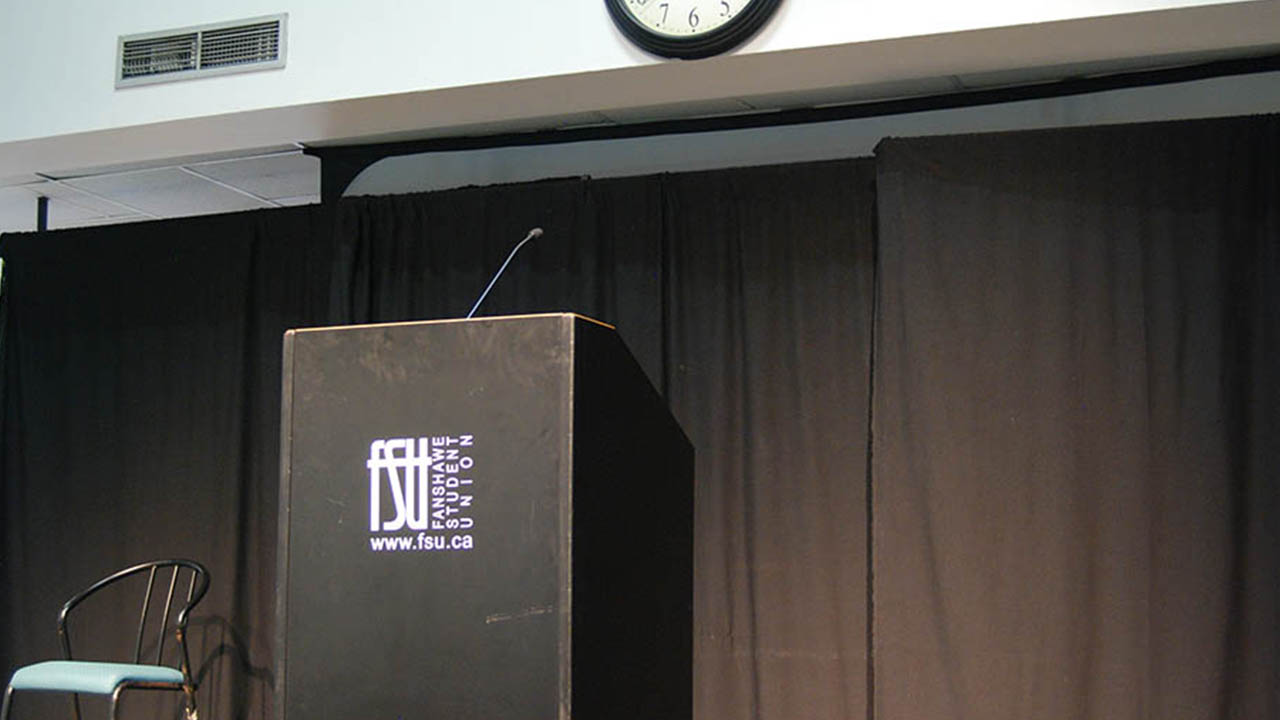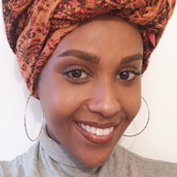Are student politics more tedious than titillating?
 CREDIT: EMILY STEWART (FILE PHOTO)
CREDIT: EMILY STEWART (FILE PHOTO)What place does student politics have in our world?
In a time where politics are parallel to an episode of House of Cards, the theatrics have become overwhelmingly more important than the policies themselves.
With that has come a revitalized energy, igniting a fire within those who typically abstain from the monotony of politics — especially amongst youth
But why then has that effect not trickled down to student politics, at least here at Fanshawe College?
I had the pleasure of sitting with Ricardo De Souza, the Communication and Student Advocacy Coordinator for the Fanshawe Student Union (FSU).
Currently in his last year of the human resource program, De Souza has spent the year working closely with class reps, clubs and academic appeals, developing a keen understanding of student needs.
?!: Do you think students are interested in politics at Fanshawe?
I don’t have a real perception because this online environment kind of spread all the opinions and it’s hard to understand how [student politics] are happening this year. I’ve [been] living here for one year and two months, so for this time we basically [have been] in the pandemic. I feel that the pandemic decreased the engagement of students in activities in general — including politics, because we are not together.
?!: How have you been able to —if you were able to— engage with students on a more personal level, both through your job and as a Fanshawe student?
[As a student], it’s kind of easier because we have a subject in common usually, so we would have the opportunity to get to know each other. But I think in general, when you have to engage with a large group, it’s been tough because people feel overwhelmed [passing] their days in front of a computer.
In that case, we are trying to engage with students [by being] more dynamic in our meetings. For example, in a meet and greet we don’t just have a lecture, [instead] we try to involve more people to tell their stories, to share their opinions and to build a collaborative meeting.
So, yeah, it’s hard to keep people engaged, but we are trying and we are getting better results now after almost one year. We have to go this way or [the momentum] will stop and stopping is not an option.
?!: Based on your experience this year, what do you think it’s going to take to entice students to be more engaged with politics at the FSU next year?
Oh, this is a hard question because I have a perspective here about Canada.
We have a lot of diversity with many people coming from other countries, including myself. So sometimes this doesn’t allow students to see the long-term — which is what politics is all about.
Sometimes people just come here to study and then go back to their countries. Sometimes they don’t know how politics works here. I think this is a huge challenge in general that we have to face because we have different backgrounds, different [understandings] of politics, and different opinions.
We cannot do politics overnight, so to engage students, I think we have to continue what we are doing and put more students as the face of the FSU, [more] than we do already.
?!: On average, about 20 per cent of the eligible student population vote in FSU elections. Do you find that to be a shocking number?
Yes, I do. I’m sadly surprised. And, I think that again, — I don’t want to be repetitive, but — I think when an international student comes here, it takes a while to adapt to understand how [politics] works [here] and that we have elections. For example, in [home country] of Brazil, we don’t have this kind of union, so we have to adapt and adjust ourselves. [It can be] overwhelming at the beginning when you are starting your program and starting to live in a new country, I think just after a year, students get more involved and more aware of what is happening.
?!: Lastly, is there anything else you’d like to add?
I think we are passing through a super hard moment socially, and I think during the past [few] years we have [seen] a super polarization between many, many sides.
I think social media is helping, but now I think, especially at college, we can use Fanshawe as a means to unite us [and] put us on the same path [in] fighting for our rights and fighting for better conditions.
We have an amazing school here. I know many people are willing to hear us and help us escalate our concerns and that [can] make all the difference.
We have all the tools; we just have to [combine] our forces together to make a difference — as it should be.
















